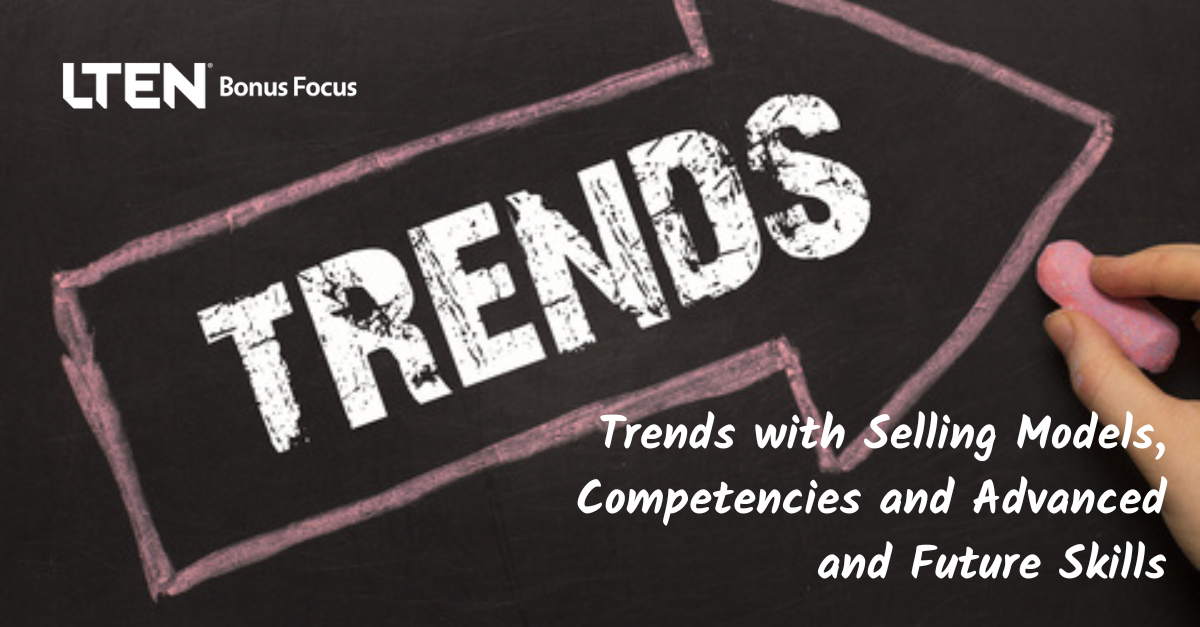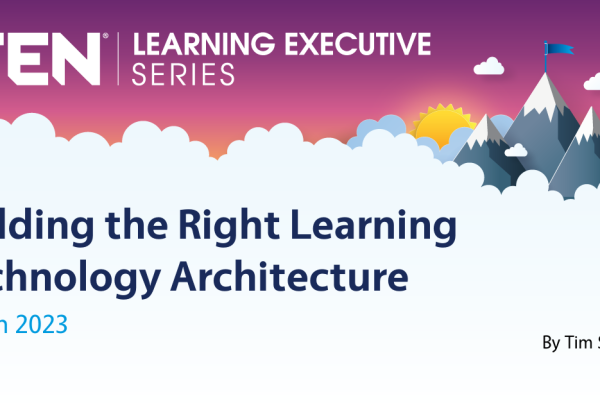
Training Success – By Gayle Shaw-Hones, Ph.D., RN
We’ve all witnessed the evolving dynamics among patients, customers and our learning audiences, leading to continuous shifts in skills and capabilities. At TGaS Advisors/Trinity, we’ve delved into the impacts of these changes on selling models, competencies and skills.
Through our research involving 12 companies, spanning both large and small pharma and medical technology firms, we’ve gained insights into the latest approaches.
Selling Models
In response to the evolving landscape, there has been a notable trend toward model consolidation, with a majority of companies now adopting a single model, predominantly the Challenger model (17%). Interestingly, the remaining 83% have opted for a variety of internally developed models and hybrid approaches.
This trend reflects the increasing complexity of customer conversations, necessitating a shift toward consultative selling. The adoption of the Challenger model represents a strategic response to this complexity, emphasizing a more proactive and account-centric approach.
Currently, we are observing a growing interest in hybrid and internally developed models as companies seek to navigate the dynamic nature of the market. It’s worth noting the focus on the model itself, raising questions about the importance of execution and coaching in driving effective sales strategies.
Will this trend persist, or will we see a return to previous approaches?
Sales Competency Models
While competency models offer the promise of consistency and developmental guidance, our research indicates a mixed reception among companies. Half of the surveyed companies utilize competency models, while the other half refrain from their use.
Challenges such as verbosity, complexity and lack of flexibility have led to a “love-hate” relationship with these models. Moreover, concerns regarding the cost, execution of coaching and adaptability to changing competencies have emerged as significant barriers.
Successful adoption and utilization of competency models necessitate robust support from human resources partners.
Advanced Skill Training
A demographic analysis reveals that a significant portion of learners in large companies are tenured and experienced individuals. Despite this, benchmarking data consistently highlights the prioritization of new hire skills and resource allocation.
While selling models provide a structural framework, specific skills such as “questioning” and “closing” remain critical, with expertise in these areas increasingly valued among customer-facing roles. Additionally, training priorities encompass data analysis, understanding patient types, personality styles and influence, reflecting the evolving complexity of customer needs and preferences.
The Future of Skills and Capabilities
Looking ahead, benchmarking underscores the imperative for companies to adapt their capabilities and skills to meet evolving market and patient needs. Rapid technological advancements demand a paradigm shift in skills acquisition, with data analytics, business acumen and communication emerging as top priorities.
However, the complexity of these skills poses a formidable challenge in terms of definition and development. The key lies in finding experts who can translate theoretical knowledge into actionable strategies tailored to individual contexts.
The evolving landscape of patient, customer and learning audience dynamics necessitates a strategic reevaluation of selling models, competencies and skills. Companies must navigate these changes adeptly to remain competitive and meet evolving market demands.
Success hinges not only on the adoption of innovative approaches but also on the effective execution and continuous refinement of strategies in response to emerging trends.
 Gayle Shaw-Hones, Ph.D., RN, is vice president, learning and development, for TGaS Advisors, a division of Trinity Life Sciences. Email Gayle at gshawhones@trinitylifesciences.com or connect through linkedin.com/in/gayle-shaw-hones-phd-rn-8319941.
Gayle Shaw-Hones, Ph.D., RN, is vice president, learning and development, for TGaS Advisors, a division of Trinity Life Sciences. Email Gayle at gshawhones@trinitylifesciences.com or connect through linkedin.com/in/gayle-shaw-hones-phd-rn-8319941.






